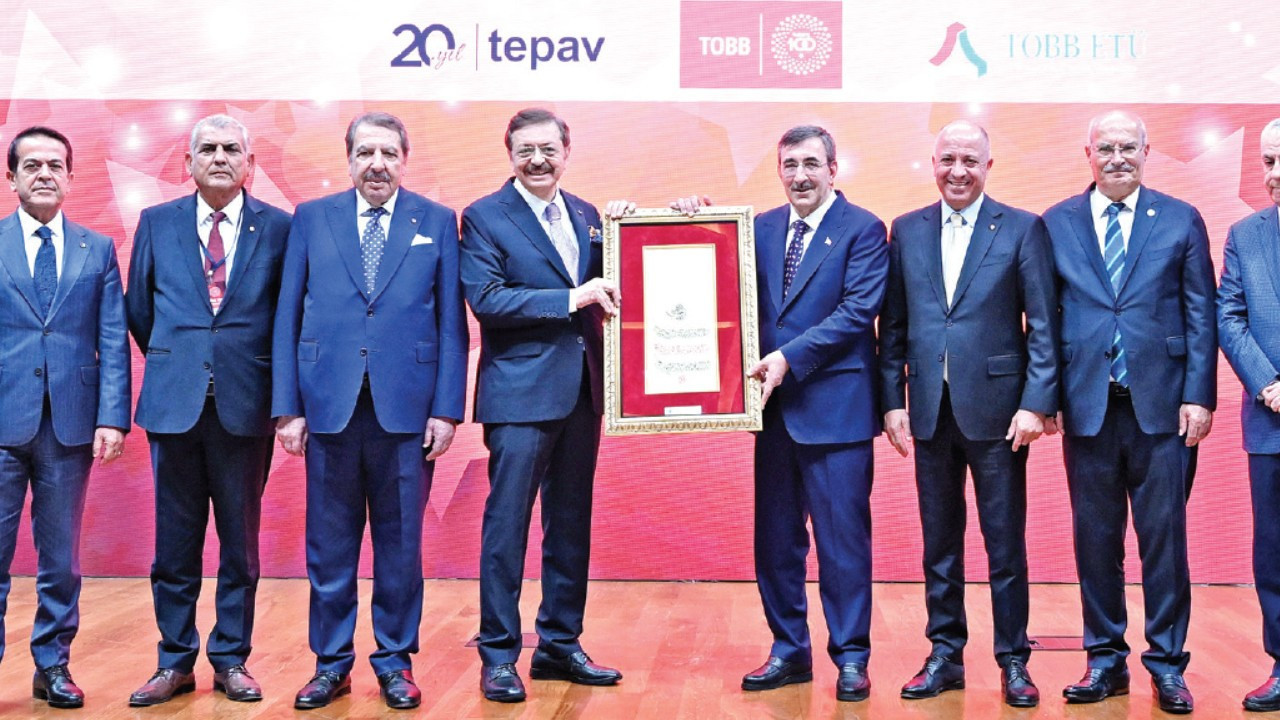European Union's Support Plan for the Steel Sector
The European Commission has announced a new protection plan aimed at safeguarding the steel sector from "unfair competition" caused by global overcapacity.
Overview of the Protection Plan
This plan includes various measures to ensure the long-term sustainability of the EU's strategic steel sector.
Import Limitations and Tax Increases
The duty-free import quantity for steel has been set at 18.3 million tons, representing a 47% reduction compared to the 2024 steel quotas. Additionally, the non-quota tax rate will be doubled to 50 percent.
Market Monitoring and Regulations
The EU has decided to impose smelting and casting obligations to enable more effective monitoring of steel markets. These measures aim to prevent circumvention of the rules.
Attention to Exceptions
Steel exports from Norway, Iceland, and Liechtenstein will not be subject to these new regulations, while special quota allocations will be made for countries with exceptional security situations, such as Ukraine.
Approval Process
The aforementioned measures will come into effect following the approval of the European Parliament (EP) and member states. Steel holds a critical position in many strategic sectors, including defense, making it a vital product for the EU economy.
The EU's Role in Steel Production
The EU is the third-largest steel producer in the world, while recently facing challenges in competing with cheap imported steel products. The steel sector provides direct employment for 300,000 people in more than 20 EU countries and indirect employment for 2.5 million people.
The sector frequently requests protective measures from the EU.
```⚖️ Yasal Uyarı:Bu içerik yatırım tavsiyesi niteliği taşımaz. Yatırımlarınızla ilgili kararlarınızı kendi araştırmalarınız ve risk profilinize göre almanız önerilir.
AB, steel industry, protection plan, import quotas, tax increases, global competition




















.png)